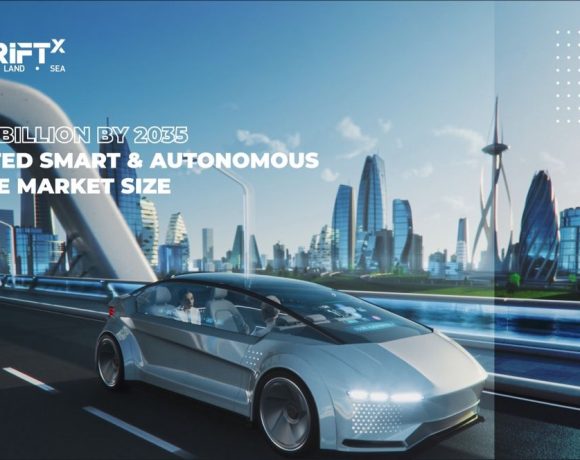Conflict, environment and disinformation lead global threats in 2025

WEF: Global Risks Report 2025
The newly released 20th edition of the World Economic Forum’s Global Risks Report paints a bleak picture of the global landscape for 2025 and beyond, highlighting an increasingly fragmented world where geopolitical, environmental, societal and technological challenges threaten stability and progress.
State-based armed conflict emerges as the most immediate global risk for 2025, with nearly a quarter of respondents identifying it as the most severe concern. This reflects growing geopolitical tensions and a sense of fragmentation within international relations.
Heightened anxieties over military conflicts and territorial disputes are pushing security issues to the forefront of global concerns. This finding aligns with the report’s overall observation that trust is fracturing among nations, leaving the international community vulnerable to instability.
For the second year running, misinformation and disinformation are also ranked among the top short-term risks, revealing their persistent threat to social cohesion and governance. These issues exacerbate divisions within and between countries, undermining public trust in institutions and making it harder to respond collectively to global challenges.
This complex environment is compounded by other short-term risks, such as extreme weather events, societal polarisation, and growing concerns over cyber espionage and warfare.
Environmental risks
Looking further ahead, environmental risks dominate the long-term global outlook. Extreme weather events, biodiversity loss, and ecosystem collapse are the leading concerns for the next decade. These risks reflect the continued degradation of natural systems and the increasing frequency and severity of climate-related events, which threaten to disrupt societies worldwide.
The critical changes occurring within Earth’s systems and the looming shortages of essential natural resources are particularly highlighted. Pollution also prominently appears in both the short—and long-term risk categories, and its impacts on human health and ecosystems are becoming increasingly apparent.
Technology, too, is a source of concern. The report highlights technological risks, particularly those related to misinformation and the potentially harmful consequences of artificial intelligence (AI). These concerns underscore the growing recognition that technological advances must be managed carefully to avoid unforeseen negative impacts on governance and society.
Mirek Dušek, Managing Director of the World Economic Forum, said: “Rising geopolitical tensions and a fracturing of trust are driving the global risk landscape.”
He warned that in this volatile environment, global leaders face a critical choice: they can either work to foster collaboration and resilience or risk further compounding vulnerabilities that will worsen global challenges.
Shifting outlook
The report, based on insights from over 900 global risk experts, policymakers, and industry leaders surveyed between September and October 2024, highlights the shifting outlook for the coming decade.
While respondents are less optimistic about the long-term future than the short-term, they express growing concerns about escalating environmental, technological, and societal issues. Nearly two-thirds of experts foresee a turbulent global landscape by 2035 as ecological degradation and societal unrest intensify.
The survey also indicates that more than half of respondents expect some form of instability within the next two years. The growing fragmentation of international cooperation is seen as a significant factor in this trend, with many forecasting even greater challenges as mechanisms for global collaboration come under increasing strain.
Societal risks such as inequality and deepening societal divides remain high on the global risk agenda. Experts are increasingly worried about the rising levels of illicit economic activity, mounting debt burdens, and the concentration of strategic resources. These issues threaten to destabilise the global economy, further eroding public trust in governance systems and complicating efforts to address the pressing issues of our time.
The report’s findings underscore the interconnected nature of the world’s risks today. “From conflicts to climate change, we are facing interconnected crises that demand coordinated, collective action,” said Mark Elsner, Head of the Global Risks Initiative at the World Economic Forum. “Renewed efforts to rebuild trust and foster cooperation are urgently needed. The consequences of inaction could be felt for generations to come.”
As geopolitical divisions deepen and a fragmented world order takes shape, the need for practical global cooperation has never been more pressing. Yet, with 64% of experts expecting increased competition among middle and wondrous powers, multilateralism faces significant challenges.
Turning inward is not a viable option. Leaders must now take decisive action to navigate these interconnected risks and address the limitations of existing governance structures.
The report advocates renewed dialogue and strengthened international ties to prevent a downward spiral into greater instability. In this decisive decade, the global community must prioritise collaboration to enhance resilience, rebuild trust, and secure a sustainable and inclusive future for all.
Image: State-based armed conflict emerges as the most immediate global risk for 2025. Credit: Asim Alnamat










